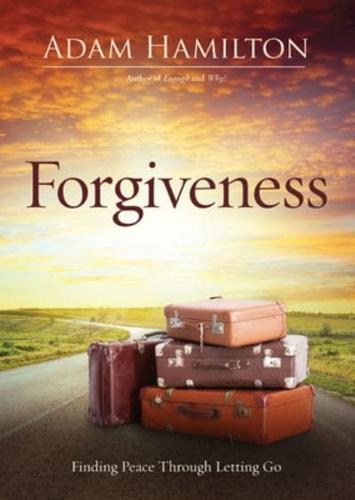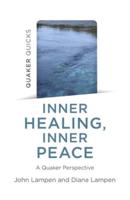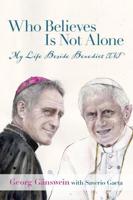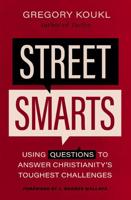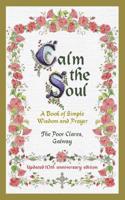Publisher's Synopsis
"If your enemies are starving, feed them some bread; if they are thirsty, give them water to drink." Proverbs 24:17 (CEB) There is nothing more crippling than holding on to anger. Anger, more than any other emotion, has the power to consume all aspects of our lives, distort our sense of purpose, and destroy our relationship with God. In the passionate and life-changing book Forgiveness: Finding Peace Though Letting Go, bestselling author Adam Hamilton brings the same insight that he applied in the bestseller "Why?" to the challenge of forgiveness. Hamilton argues that revelation comes when we realize that forgiveness is a gift we give ourselves rather than to someone else. He also contends that only when we learn to forgive others and ourselves can we truly receive forgiveness from God. "Adam Hamilton not only reminds us about the importance of reconnecting the broken pieces of our lives, but shows how the process of grace and forgiveness is possibly our most complete picture of God." --Shane Stanford, author of Making Life Matter: Embracing the Joy in the Everyday "The heartbeat of the gospel is grace. With practical insight, Hamilton makes grace understandable--both for seeking and for granting forgiveness. I highly recommend this book." --Melody Carlson, author of Healing Waters: A Bible Study on Forgiveness, Grace, and Second Chances "Adam Hamilton's book offers clear guidance for believers struggling with the practical application of our biblical imperative to forgive. It is a must-read for both Christian counselors and every person who has something or someone to forgive." --Jennifer Cisney Ellers, author of The First 48 Hours: Spiritual Caregivers as First Responders "Deeply rooted in the Bible's testimony about God's extravagant mercy, this fine little book explores the Christian call to practice both repentance and forgiveness in the image of God. Straightforward and practical, Hamilton vividly sketches the habits of the heart that discipleship requires in our daily relationships with spouses and intimate life partners, family members, friends and strangers." --Patricia Beattie Jung, Professor of Christian Ethics, Saint Paul School of Theology
